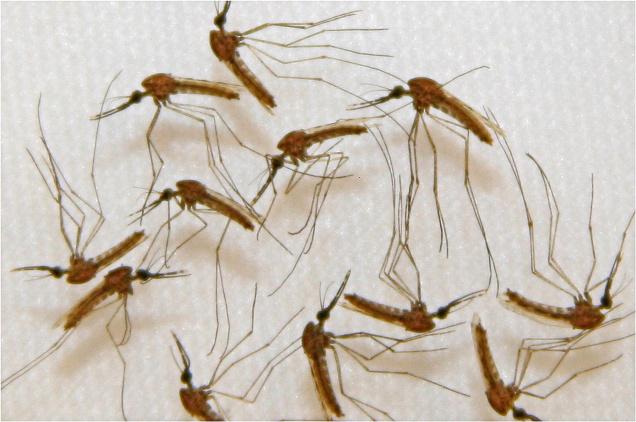 With discrepancies creeping into malaria deaths figures, B.S. Kakkilaya, a physician who has worked in the field of malaria for decades, said there is a need to relook at the type of test carried out to detect malaria and not to dismiss the death as “not due to malaria”.
With discrepancies creeping into malaria deaths figures, B.S. Kakkilaya, a physician who has worked in the field of malaria for decades, said there is a need to relook at the type of test carried out to detect malaria and not to dismiss the death as “not due to malaria”.
Dr. Kakkilaya said one of the reasons for the distortion in malaria death data in Dakshina Kannada was that only peripheral blood smear (PBS) test — the facility for which is available only with government hospitals — was acceptable for confirming malarial death.
A malaria death not confirmed through PBS is described as “suspected malaria” and the case is “brushed under the carpet”. Instead, he said, the death should be described as “unconfirmed”. The death should be explained as due to malaria and the test should be defined. Dismissing it as not due to malaria could skew the numbers.
“Since only PBS, and not Qualitative Buffy Coat (QBC), is accepted as proof of death due to malaria, and only District Government Wenlock Hospital, the District Surveillance Office and primary health centre (PHCs) have PBS test facilities, it follows that they alone have the conclusive test for malarial deaths,” he said.
In Mangalore, QBC is used more to test malaria, one of the reasons being it was introduced in the region 20 years ago and is now well-entrenched here, he said.
He said it would be best for the National Vector Control Disease Programme (NVCD) to issue a directive to define malarial deaths. “That’s the ideal,” he said. Other than PBS, the Qualitative Buffy Coat test is done to detect malaria. But QBC is not accepted as confirming death due to malaria.
H.S. Shivakumar, District Health Officer (DHO), said, “According to national guidelines, a smear test must be done. A PBS, that’s what we rely upon.”
While speaking to reporters on malaria deaths as reported by NGOs, here on Saturday M. Madan Gopal, Principal Secretary, Department of Health and Family Welfare, said: “We will have to do a verbal autopsy (build the history of illness of the patient, along with interviews of family members and neighbours), which is a tested mean of figuring out if the patient has died primarily due to malaria or other complications.” He said “experiences” with other reported communicable-disease deaths such as chikungunya epidemics have shown that cause of deaths is not directly linked to a disease.
Minister of Health and Family Welfare U.T. Khader said he had asked the Urban Development Department to assist the Health Department in its programmes. Health inspectors would handle the programme ward-wise and 60 sprayers would make house-to-house visits in the city. Labour unions, especially related to the migrant labour population, would be involved. Gram panchayats have been asked to conduct awareness programmes and distribute guppy fish to houses. “We will investigate why the discrepancies happened in DHO office,” he said.
